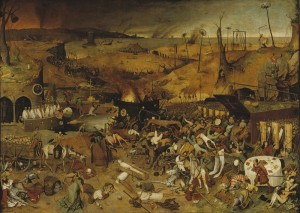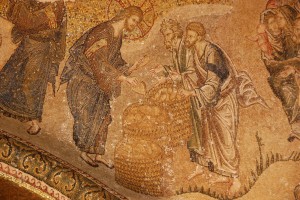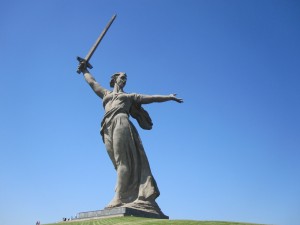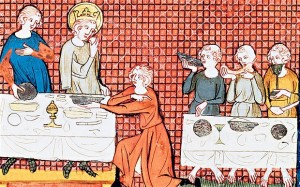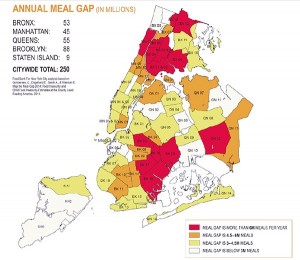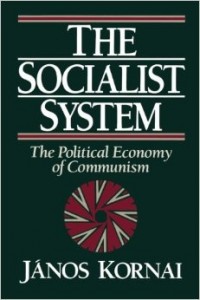We have now completed Week Three of Economies in Transition: Eastern Europe, which means that we are in the thick of comprehending socialist coordination, money, and investment, at least as these were practiced in Eastern Europe. Our principle text is János Kornai’s Socialist System, published in 1992, three years after the fall of the Berlin Wall. Professor Kornai’s principle objective is to show why reform is impossible and why therefore a complete transition to market capitalism is necessary. To fulfill this objective he will show not only why the system forms a rational, practical, and systemic totality so that the removal of any single feature of the system must lead to systemic failure, but that it was the proper and anticipated functioning of the system that provoked systemic failure in the 1970s and 1980s. Finally, Kornai will show why only the capitalist system replaces those mechanisms within the socialist system with mechanisms that promise success.
Yet, in order to make his argument, Professor Kornai must background or ignore the social and historical constitution of the system. Yes, the socialist system arose during a period of war and social and political turbulence. Yes, it emerged not where K Marx anticipated it would emerge, in the most advanced industrialized capitalist social formations, but in the most backward social formations that had barely if at all liberated serfs from their feudal obligations. This helps Professor Kornai explain why socialist planners felt compelled to hasten the process of industrialization and collectivization (Taylorism and Fordism) from which Eastern Europe’s semi-feudal social and economic relations had been insulated.
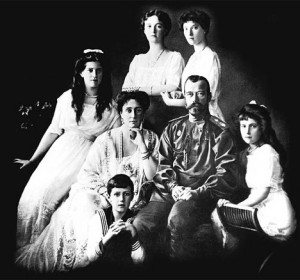 No sooner has Professor Kornai placed this account on the page, however, than he quickly shifts focus. Were it not for the revolution and the imposition of the socialist system, Eastern Europe would have enjoyed a more natural development toward free market capitalism in the absence of significant state intervention. Professor Kornai points here to the predominance of small freeholder plots managed by independent families prior to the socialist system. It is only a matter of elaboration to move from these small, independent, freeholder estates to the capitalist free market, as happened elsewhere in Europe and the Americas.
No sooner has Professor Kornai placed this account on the page, however, than he quickly shifts focus. Were it not for the revolution and the imposition of the socialist system, Eastern Europe would have enjoyed a more natural development toward free market capitalism in the absence of significant state intervention. Professor Kornai points here to the predominance of small freeholder plots managed by independent families prior to the socialist system. It is only a matter of elaboration to move from these small, independent, freeholder estates to the capitalist free market, as happened elsewhere in Europe and the Americas.
But, of course, this is not at all what happened in Europe and the Americas. And so we discover that Professor Kornai has “drunk the KoolAid” so to speak.
In this respect historians have always received short shrift from economists who prefer their idealized version of how capitalism emerged in western Europe to the well-documented version advanced by historians. Yes, local markets ruled the world prior to the 14th century; local markets constrained by myriad layers of local laws, customs, and practices, along with a handful of regional markets dealing primarily in luxury goods. One thinks of Ghent or Trieste here. But as yet there was no overarching set of laws and regulations that could lend rationality, consistency, and uniformity to these isolated, purely local markets. To bring about this great transformation (K Polanyi), two things were necessary: the invention of time (D Landes, M Postone, EP Thompson, J Lough) and the rise of absolute monarchs and strong centralized governments in Western Europe.
The invention of time was necessary in order to reduce the value of all commodities to a recognizable, measurable common denominator: abstract, homogeneous, undifferentiated time. The invention of time tore value out of the hands of clergy, tradesmen, and noblemen, who until the 14th century had negotiated value in complex, purely local, political formulas; it set value on a stable foundation independent from any explicit political meddling.
But it was the strong centralized governments of Western Europe that in the 17th and 18th centuries saw in the coordination of dispersed, local markets an answer to their revenue shortfalls. The creation and protection of national and international markets, which also required the regulation of these markets and the creation and maintenance of passable highways and trade routes, enabled strong centralized governments to monitor and tax the wealth that passed through these markets. But the rationalization and universalization of these markets served another valuable function as well. It made it possible, for the first time, for European investors to accumulate uniform, exchangeable, measurable, alienable capital — in amounts hitherto fore unimaginable.
In short, if from Tsarist Russia, feudal Eastern Europe, or Habsburg Austria-Hungry, we were to cast our eyes toward France or England what we would notice is the emergence of a state-imposed, highly regulated and constrained international market, an independent peasantry, a wholly dependent industrial workforce, and economic growth inconceivable in predominantly agricultural and still feudal Russia, Poland, Rumania, Serbia and Bosnia. Simply allowing these regions to develop “naturally,” absent any “state intervention” would lead not to the emergence of “natural” free market capitalism, but rather the persistence of feudal and semi-feudal relations.
Professor Kornai’s image of small, independent freeholders is drawn not from semi-feudal Eastern Europe or Russia, but from an idealized, Jeffersonian vision of Virginia or the Carolinas. Even here, however, we need to close our eyes to the millions of acres dominated by plantation estates enjoying the benefits of dependent slaves — not least on Jefferson’s own estate — in order to preserve our idealized vision. Yet, even if we cast our eyes north to Massachusetts or New York, what we will find is the sprawling estates in the agricultural heartland and dependent workers whose freeholder titles were not worth the paper they were printed on; thus provoking Shays Rebellion, which revealed the glaring inadequacies of the anti-federalist Articles of Confederation, setting the stage for the federalist US Constitution of 1787. In short, nowhere, not even in North America, did free market capitalism unfold in the idealized manner Professor Kornai imagines in his text.
But this also means that we need to search elsewhere for the social and historical mechanisms that gave rise to the socialist system or that prevented “natural” free market mechanisms from taking root and growing.
Free market capitalism is evidently not so free as Professor Kornai imagines. It arises out of a complex web of state-imposed regulations, restrictions, and interventions. But nor does compliance with or accommodation of this system arise normally or naturally in the breasts of free men. Peasants are peasants. There is nothing natural whatsoever in their movement from self-sustaining fields or the protection of feudal relations to the mines and factories of industrializing Europe. The expectation that privatization and deregulation will “naturally” lead to the birth of a new freedom is nothing short of fabulous. This is not what happened either in Western Europe or in the Americas. It took strong, centralized state imposition of regulations, laws, restrictions and taxes to bring about the capitalist system.
And when VI Lenin and J Stalin inherit feudal Eastern Europe, they are not immediately taken by a Jeffersonian sense of the Virginia plantation owner. Even if they had been, Russia is not Virginia, and to expect Russian peasants to embrace Jeffersonian ideals is pure fantasy. Instead, comrades Lenin and Stalin went about generating Russia’s industrial revolution using the only tools they knew and, in any case, the only tools at hand: the bureaucratic centralism and paternalism of the semi-feudal estate.
Of course, for a whole variety of reasons, this will prove impossible. Productivity explodes in western Europe and the Americas not because entrepreneurs aim at producing more things for consumers. They do not innovate in order to accumulate more things, more material wealth. Productivity explodes because entrepreneurs are driven by maximizing the returns on their investment; they are driven not by things but by zeros, more and more zeros.
Abstract value mediates social relations and constitutes social subjectivity in the capitalist world. Absent abstract value — absent capitalism — the rationality necessary for economic growth is entirely lacking. This is because the compulsion to produce ever more stuff, which arises out of the compulsion to add more zeros, is not natural. There is noting in the human constitution that — left to their own devices, absent intervention — compels human beings to pursue ever greater amounts of immaterial value.
But this means that when comrades Lenin and Stalin crack their whip over their subject populations, demanding that they do in the absence of free markets what workers in the capitalist world only did under the domination of free markets, they are imposing an impossible mission on their subjects, because the object of this mission can only be achieved when strong, centralized states impose free markets on subject citizens.
This, incidentally, also means that Professor Kornai has placed matters on their head. He argues that it is only as state mechanisms are removed, public assets privatized and sold off, and industry is deregulated that free market mechanisms can emerge. Yet, clearly, it is only these legal and regulatory mechanisms, imposed by strong, centralized states, that permit free market mechanisms. The removal of state mechanisms leads not to freedom, but, as we have seen, to the emergence of a strong, independent oligarchy subject to no law, regulation, taxation, or containment.


